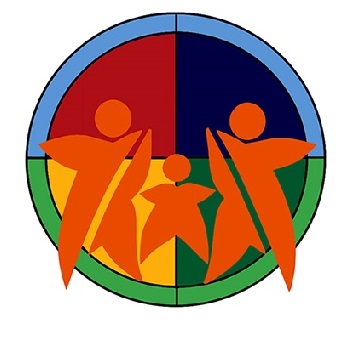Caring Texts
trevor.koopCaring Texts
Suicide is at crisis levels in Native youth and young adults. A key goal of suicide prevention is building social connections with suicidal people. Caring Contacts is a suicide prevention program that supplements standard healthcare by promoting human connectedness. It involves sending messages that express care, concern, and interest to suicidal people. It is the only intervention shown to prevent suicide in any population. We adapted this approach to design Caring Texts, an intervention that uses text messages to prevent suicide in Native youth. We are conducting a randomized controlled trial of Caring Texts in 1,200 high-risk Native people aged 18-34 years. Study sites include communities in Alaska, the Rocky Mountain region, and the Great Plains.



